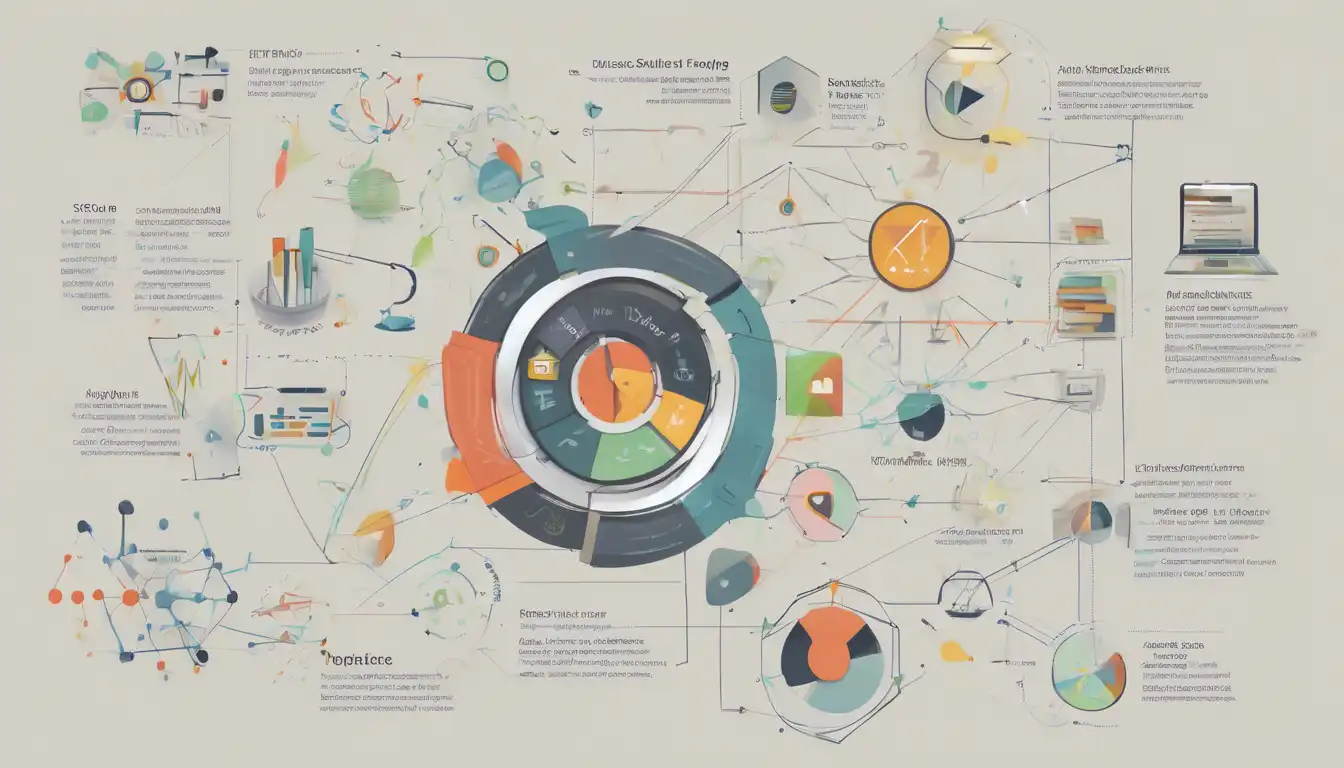Introduction to Data Science Tools
In the rapidly evolving field of data science, staying updated with the right tools is crucial for any analyst. This article explores the essential data science tools that can help analysts streamline their workflows, enhance productivity, and deliver insightful data-driven decisions.
Programming Languages for Data Science
At the heart of data science are programming languages that enable analysts to manipulate data and build models. Python and R stand out as the most popular languages due to their extensive libraries and community support.
- Python: Known for its simplicity and versatility, Python is ideal for data analysis, machine learning, and automation.
- R: Specifically designed for statistical analysis, R is a powerhouse for data visualization and complex computations.
Data Visualization Tools
Visualizing data is key to uncovering patterns and communicating findings. Tools like Tableau and Power BI offer intuitive interfaces for creating interactive dashboards.
- Tableau: Excels in creating complex visualizations with minimal coding.
- Power BI: A Microsoft product that integrates seamlessly with other services, perfect for enterprise environments.
Big Data Technologies
Handling large datasets requires robust technologies. Hadoop and Spark are leading frameworks that facilitate distributed storage and processing.
- Hadoop: Offers a reliable storage system (HDFS) and processing capability (MapReduce) for big data.
- Spark: Known for its speed, Spark supports in-memory processing, making it faster than Hadoop for certain tasks.
Machine Learning Libraries
Machine learning is a cornerstone of data science. Libraries like scikit-learn and TensorFlow provide the tools needed to build and deploy models.
- scikit-learn: A Python library that offers simple and efficient tools for data mining and analysis.
- TensorFlow: Developed by Google, this library is ideal for deep learning applications.
Database Management Systems
Efficient data storage and retrieval are essential. SQL databases like PostgreSQL and NoSQL databases like MongoDB cater to different needs.
- PostgreSQL: A powerful, open-source SQL database that supports advanced data types and performance optimization.
- MongoDB: A NoSQL database that stores data in flexible, JSON-like documents, ideal for unstructured data.
Conclusion
Mastering these data science tools can significantly enhance an analyst's ability to process, analyze, and visualize data. By leveraging the right combination of languages, frameworks, and libraries, analysts can tackle complex data challenges and drive meaningful insights. For more insights into data science, explore our data science basics guide.
